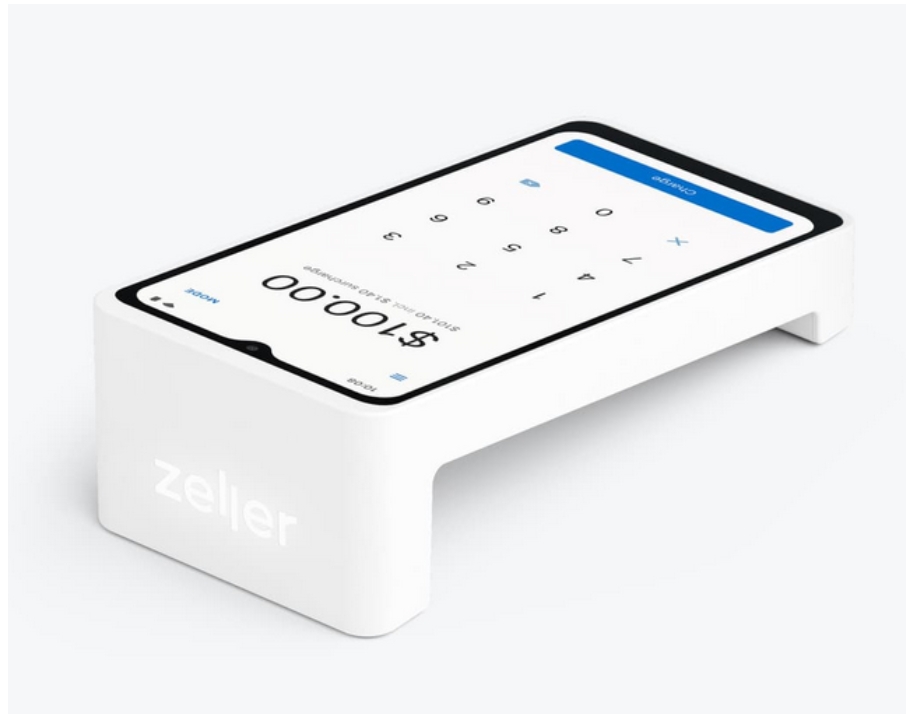In today’s fast-paced world, effective communication is more crucial than ever. Whether you’re a student preparing for a class presentation, a business professional pitching to investors, or a trainer imparting knowledge in a workshop, the ability to convey information clearly and persuasively can make a significant difference. This is where artificial intelligence presentation makers come into play, reshaping the landscape of presentation design with their innovative capabilities.
AI presentation makers leverage cutting-edge technologies like machine learning and natural language processing to automate and enhance the process of creating slide decks. These tools analyze content, suggest design layouts, refine text, and even recommend visuals, all with the goal of streamlining workflow and elevating the quality of presentations. What once required hours of meticulous formatting and design can now be achieved in a fraction of the time, allowing users to focus more on crafting compelling narratives and engaging their audiences.
Understanding AI Presentation Makers
AI presentation makers are at the forefront of transforming how presentations are conceptualized and executed. These tools harness advanced machine learning algorithms and natural language processing to automate tedious tasks involved in presentation creation.
By analyzing content inputs, AI can generate slide layouts, suggest design elements, and even refine textual content for clarity and impact. This automation not only accelerates the presentation creation process but also ensures consistency and professional quality across slides.
Moreover, AI presentation maker tools empower users with sophisticated design capabilities, regardless of their expertise in graphic design. They offer intuitive interfaces where users can effortlessly customize templates, fonts, and color schemes to align with their personal preferences or organizational branding guidelines.
Beyond aesthetics, these tools intelligently organize information and recommend visual elements that enhance comprehension and engagement. As collaborative platforms, AI presentation makers facilitate real-time collaboration among team members, allowing for seamless feedback integration and simultaneous editing, which fosters teamwork and boosts productivity in educational and professional settings alike.
Key Benefits of Using AI Presentation Makers
- Time Efficiency: One of the primary advantages of AI presentation makers is their ability to expedite the creation process. Tasks that traditionally took hours can now be completed within minutes. AI algorithms can instantly generate slide structures based on the content provided, allowing users to focus more on crafting compelling narratives rather than formatting.
- Enhanced Design Capabilities: AI empowers users with sophisticated design capabilities, even without prior graphic design skills. These tools can suggest color schemes, font combinations, and layout options that adhere to best practices in visual communication. This ensures that presentations not only convey information effectively but also visually engage the audience.
- Content Optimization: AI-driven analysis can refine the content of presentations to ensure clarity and coherence. From grammar correction to style enhancements, these tools help maintain professional standards in communication. Additionally, AI can suggest relevant visuals and data points to supplement the narrative, enriching the overall presentation.
- Customization and Personalization: Modern AI presentation makers allow for customization according to user preferences and brand guidelines. Users can tailor templates, fonts, and themes to align with their unique style or corporate identity. This flexibility ensures consistency across presentations while accommodating individual creativity.
- Collaborative Features: Many AI presentation tools offer collaborative features that facilitate teamwork and feedback integration. Team members can co-edit presentations in real-time, leave comments, and track changes seamlessly. This collaborative environment fosters collective creativity and ensures alignment within teams or organizations.
Practical Applications of AI Presentation Makers
- Education: Students and educators can leverage AI presentation makers to create visually appealing educational materials, lecture slides, and project presentations. These tools help in organizing information effectively and engaging students through multimedia content.
- Business Presentations: Professionals across industries use AI presentation makers for pitching ideas, delivering client proposals, and sharing insights during meetings. The ability to quickly generate polished presentations enhances professionalism and leaves a lasting impression on stakeholders.
- Sales and Marketing: AI presentation makers aid sales teams in crafting persuasive pitches and marketing professionals in creating impactful campaigns. Visual storytelling capabilities help convey product benefits, market trends, and customer testimonials effectively.
- Training and Workshops: Trainers and workshop facilitators utilize AI presentation makers to design training modules, workshop materials, and interactive presentations. These tools support the delivery of engaging and informative sessions, enhancing learning outcomes.
Future Trends and Developments
As AI continues to evolve, so too will AI presentation makers. Future advancements may include enhanced natural language processing capabilities, augmented reality integration for immersive presentations, and predictive analytics for personalized content recommendations. These innovations promise to further revolutionize how presentations are created and delivered in the coming years.
Ethical Considerations and Challenges
While AI presentation makers offer significant benefits, there are ethical considerations and challenges that users and developers need to address:
- Data Privacy: AI tools rely on data input to improve their algorithms. Ensuring the privacy and security of sensitive information used in presentations is crucial.
- Bias in Algorithms: AI algorithms can inadvertently perpetuate biases present in the data they analyze. Developers must actively mitigate bias to ensure fair and inclusive presentations.
- Over-reliance on Technology: Depending too heavily on AI can diminish human creativity and critical thinking. Balancing automation with human input remains essential for maintaining quality and authenticity in presentations.
Conclusion
In conclusion, AI presentation makers represent a significant advancement in presentation design technology, offering users unprecedented efficiency, creativity, and customization. By harnessing the power of AI, individuals and organizations can elevate their presentation standards, streamline workflows, and deliver compelling narratives that resonate with audiences.
Whether you’re a student preparing for a class presentation, a business professional pitching to investors, or a trainer facilitating a workshop, integrating AI presentation makers into your workflow can transform how you communicate ideas and information effectively in the digital age. Embrace the future of presentations with AI, and unlock new possibilities in visual storytelling and communication.










